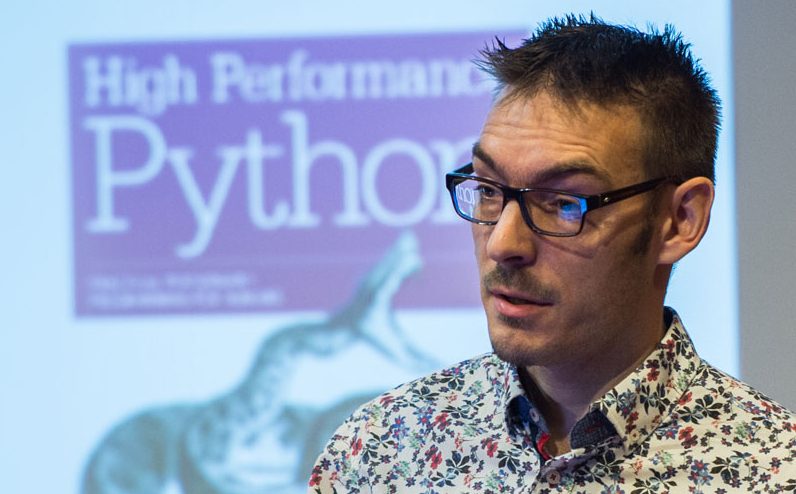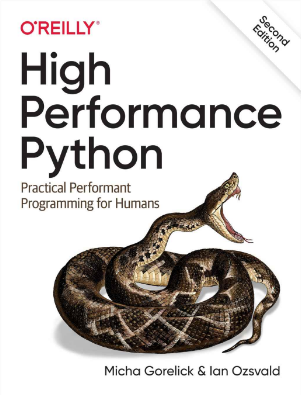Entrepreneurial Geekiness

Grant for Investigating an Innovative Idea
In an earlier post I alluded to a government-awarded grant that Kyran and I had used to evaluate a business idea. I hadn’t applied for a government grant before and it was a bit daunting – perhaps explaining the experience will be of benefit to other UK entrepreneurs.
Back in April I worked with the Sussex Innovation Centre to evaluate an idea dubbed BookAnExpert – a proposed website that would let anyone trade their knowledge with anyone who wanted to buy their time. The idea stemmed from my frustrations when trying to find someone for advice on web-API programming. I was working as a programming consultant in a web start-up and I wanted to buy the time of an experienced eBay API coder to ask a few hours of questions.
There is no website where you can find a rated, reputable person who would sell their time and knowledge by the hour. There are websites (e.g. RentACoder) when you can hire programmers for jobs, but none of these support short-term Q&A sessions. Since the service didn’t exist, I wondered if we should make one.
Mike Herd (Executive Director at the Innovation Centre) suggested we apply for the DTI’s Grant for Investigating an Innovative Idea (more details at Business Link). The scheme offers a grant of 75% of the cost of hiring consultants who can advise on an innovative idea.
The money is refunded retrospectively if the DTI agree that the work is up-to-scratch. This involved some risk as hiring the staff we wanted at SInC would cost several thousand pounds – we judged that the opportunity to learn and network would be worth far more than the risk of not receiving the refund.
Paul Jordan acted as mentor and a financial guide over the following months and Melanie Page provided market research and evaluation advice. Over the course of several months I learned a lot from my involvement with SInC – they helped shape our idea and and our approach to testing the market.
Ultimately I saw that the idea was unlikely to succeed – the pool of expertise required would take far too long (and probably cost a lot) to build. Before undertaking the grant I believed that we’d figure a way of making it work – possibly we’d have been in for an expensive lesson had we gone ahead with the site. The DTI were understanding – it seems a lot of ideas are canned or changed after one of these Grants. They liked the work and the refund was paid within a month.
In hindsight, was it worth it? I’d say yes – personally I learned a lot of new skills (principally to do with financial and market analysis) and the experience has shaped our thinking towards our new idea – ShowMeDo. I’ll talk more about that over the coming weeks.
I’d like to recommend the Sussex Innovation Centre to any entrepreneurs within reach of Brighton and thank Mike, Paul and Melanie for their help both during and since the Grant.
Review: Beginning Python: From Novice to Professional
I highly recommend Beginning Python: From Novice to Professional to anyone looking to learn or improve their Python programming ability. I recommended this to a colleague who had a lot of programming knowledge (in old Microsoft QuickBasic, would you believe) but no experience of Java, C++, Python.
Within a few days he was comfortably doing difficult math calculations (he’s a physics researcher), plotting data, using all the intrinsic functions and editing using IDEs (so, my evangelical mission of conversion was accomplished). This book is only a few months old and is written for the latest major Python version – 2.4.
A few days later I noticed an odd thing – I found myself using the same book for reference. I’ve been using Python for 3 years, I’m a very strong programmer in various modern languages and I use Python in a Nutshell (aimed at Python 2.2) and the Cookbook (I think Python 2.2 as well, though there’s a 2005 edition now), and here I am using a ‘beginners’ manual.
And there’s the crunch – this is a powerful book – it addresses all the basic needs and then runs on through to complicated problems with worked examples, from web scraping, drawing, games, databases and more. In short, this book is brilliant and I probably ought to buy myself a copy. If you want to code in Python then I strongly recommend that you get this book.
Hacking stuff – MAKE: magazine
I’d been futilely waiting to see one of these in Borders, then stumbled across a link on Amazon. I knew that Tim O’Reilly (founder of the insanely good O’Reilly computer-manual empire) had wanted to make a magazine aimed at techno-tinkerers and hackers and I really wanted a look.
Seeing as it was only £6 at Amazon I dived in and bought a copy. I’m not disappointed. It’s an A5 format glossy print magazine, thick and brimming with lots of hackery articles. There’s a bit on sleep hacking, a guy working on home fusion reaction (from the fringe), welding for beginners, modifying you car’s sound system with an iPod, converting a supermarket trolley into a go-kart, portable GPS married with a wi-fi router and an absolute ton of other articles (see article list here). The geek in me smiles.
Volume 4 has just come out, I’ll have to make another purchase…
Paul Graham – two new articles
Paul Graham has written a couple of new high-tech entrepreneur articles: Ideas for Startups and What I Did this Summer. The first is about ‘how to have an entrepreneurial idea’ and the second about their first year running their newly formed young-persons incubator fund (this year they had 18-28 year olds involved).
The ‘Y Combinator’ incubation fund’s activities this summer are interesting – he thinks 3 or 4 of the 10 start-ups they’ve funded will succeed. That’s a good number – the oft quoted figure is that 10% of companies get past the idea stage and of those only 10% survive to year two (so an overall success rate of 1%). Take that 1% figure with a pinch of salt – this seems to be applied to all start-ups, from market traders through to biotech, so I choose to mostly ignore it (it’s too general).
He might be talking rubbish, but I think his ideas are sound – his articles are good and his book has some interesting extra essays. Be aware that his essays centre on the high-tech industry so perhaps don’t translate to other fields.
Entrepreneuring and Serenity
Wow, now it’s been a full month since I last posted. Time flies when you’re busy. I’m glad to say that I’ve finished the Government (DTI) entrepreneurship grant that I’ve been working on since April – and not only did the DTI like the report, they’ve also paid promptly. I’ll say more on that later, for now I’m glad to have my evenings and weekends back. Entrepreneuring outside of a full-time job sure sucks away the months.
I took the chance to go see Serenity last week. I’m glad I went – the film was very fine. So fine in fact that I’ll go again and I’ll happily pay Hollywood a second time. I can’t think when was the last time I voluntarily gave Hollywood my money a second time. Serenity is cool.
It has already made the IMDB Top 250 Movies of All Time (at position 139 as I write this, beaten by Indy Jones and the Last Crusade). I’m still blown away when I look at the breakdown of age/sex ranges for votes on the film – the demographic “Females aged 18-29” beats everyone else with a solid score of 9/10. Women loving sci-fi this much? I’m just a boy, I don’t understand.
I’ll finish on a quote from the Captain:
Y’all got on this boat for different reasons, but y’all comin’ to the same place. So now I’m asking more of you than I have before. Maybe everything. Sure as I know anything, I know this: In a year or maybe ten, perhaps even on this very ground, they’ll swing back to the belief that they can make people better; and I don’t hold to that. I aim to misbehave.
Read my book

Oreilly High Performance Python by Micha Gorelick & Ian Ozsvald AI Consulting
Co-organiser
Trending Now
1Leadership discussion session at PyDataLondon 2024Data science, pydata, RebelAI2What I’ve been up to since 2022pydata, Python3Upcoming discussion calls for Team Structure and Buidling a Backlog for data science leadsData science, pydata, Python4My first commit to PandasPython5Skinny Pandas Riding on a Rocket at PyDataGlobal 2020Data science, pydata, PythonTags
Aim Api Artificial Intelligence Blog Brighton Conferences Cookbook Demo Ebook Email Emily Face Detection Few Days Google High Performance Iphone Kyran Laptop Linux London Lt Map Natural Language Processing Nbsp Nltk Numpy Optical Character Recognition Pycon Python Python Mailing Python Tutorial Robots Running Santiago Seb Skiff Slides Startups Tweet Tweets Twitter Ubuntu Ups Vimeo Wikipedia



